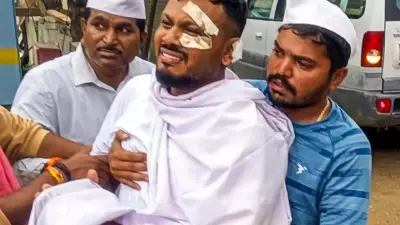
The Bombay High Court has come down heavily on the Maharashtra government, describing the continued deaths of infants due to malnutrition in the tribal Melghat region as a "horrific" and "very sorry state of affairs." The court expressed deep concern over the authorities' "casual approach" to a critical public health issue that has persisted for nearly two decades.
Court's Stern Rebuke and Summons
During a hearing on Wednesday, a Division Bench comprising Justices Revati Mohite-Dere and Sandesh D Patil did not mince words. The bench orally observed that the persistent infant deaths reflect the level of seriousness the government has towards the issue, terming its approach as "extremely casual." The judges emphasized, "You (state government) should be worried. Just as we are concerned, you all should be too."
In a significant move to ensure accountability, the court has ordered the principal secretaries of the finance, public health, women and child welfare, and tribal affairs departments to be physically present during the next hearing scheduled for November 24.
A Long-Standing Crisis
The bench was hearing a batch of Public Interest Litigations (PILs) concerning malnutrition among children, pregnant women, and lactating mothers in the Melghat area of Amravati district. These petitions include those filed by Dr. Rajendra Burma and activist Bandu Sampatrao Sane.
The court noted with dismay that it has been issuing directives on the Melghat malnutrition crisis for almost twenty years, and while the government has made assurances, the ground reality remains starkly different. Previous court orders have identified that a major cause of these deaths is the lack of specialist doctors and medical attendants to assist tribal women and children, compounded by an absence of other basic facilities.
Demanding Action and Incentives
Asserting that "some accountability shall be ensured," the bench directed the authorities to provide incentives for doctors willing to work in the challenging conditions of tribal areas. This directive aims to address the critical shortage of medical personnel, which is a key factor in the ongoing tragedy.
The court reiterated its earlier stance, reminding the Maharashtra government of its duty to take adequate steps to reduce malnutrition deaths in the region to zero. The next hearing on November 24 is now poised to be a crucial confrontation between the judiciary and the state's top bureaucracy over this humanitarian issue.





